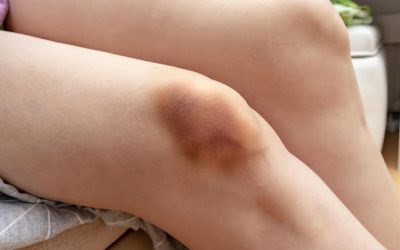Treatment and Recovery National Institute on Drug Abuse NIDA
To locate treatment facilities in your area, try calling the Substance Abuse and Mental Health Services Administration (SAMHSA) for a list of options. You can also visit SAMHSA’s treatment locator website, the American Addiction Centers location finder, or, if you have health insurance, call your insurance company for in-network services. For questions about medical detoxification, talk with your healthcare provider. Even after you’ve completed initial treatment, ongoing treatment and support can help prevent a relapse. Follow-up care can include periodic appointments with your counselor, continuing in a self-help program or attending a regular group session.

Of the 82,234 opioid-related deaths, 70,601 of them involved fentanyl. Nebraska is the state with the lowest rate of self-reported pain pill abuse (2.39%). The National Safety Council has data dating back to 1999 when there were only 36 cannabis-related deaths.
Postoperative and Rehabilitation Care
Addiction also is different from physical dependence or tolerance. In cases of physical dependence, withdrawal symptoms happen when you suddenly stop a substance. Tolerance happens when a dose of a substance becomes less effective over time. When they first use a drug, people may perceive what seem to be positive effects. Some people may start to feel the need to take more of a drug or take it more often, even in the early stages of their drug use. Alcohol use disorder is the most common substance addiction in the United States, followed by nicotine and marijuana.
Forming an individualized treatment plan with your healthcare provider’s help is likely to be the most effective approach. Substance abuse has many potential consequences, including overdose and death. Learn about the effects of drug addiction on the mind and body and treatment options that can help. Help from your health care provider, family, friends, support groups or an organized treatment program can help you overcome your drug addiction and stay drug-free.
National Institutes of Health
People with substance use disorder struggle to stop using the substance and often experience painful physical or psychological symptoms when they try to. Withdrawal from different categories of drugs — such as depressants, stimulants or opioids — produces different side effects and requires different approaches. Detox may involve gradually reducing the dose of the drug what is drug addiction or temporarily substituting other substances, such as methadone, buprenorphine, or a combination of buprenorphine and naloxone. You can also visit your primary care doctor for an evaluation. The type of treatment a doctor recommends depends on the severity and stage of the addiction. With early stages of addiction, a doctor may recommend medication and therapy.
- For others, particularly with opioids, drug addiction begins when they take prescribed medicines or receive them from others who have prescriptions.
- Severe withdrawal can lead to dangerous and life-threatening health issues.
- It’s important to note that since then, several additional states have legalized marijuana both medicinally and recreationally, which may lead to an increase in usage.
- Occasional drug use, such as misusing an opioid to get high, can have similarly disastrous effects, including impaired driving and overdose.
- The CRAFFT (Car-Relax-Alone-Forget-Family and Friends-Trouble) is a screening tool that is used in medical centers.
- It’s important to turn to healthy coping mechanisms during these times of change, such as exercising, meditating or learning a new hobby.
Each question has 4 potential categories for responses, allowing each category a maximum of 4 and a low of 0. Scores less than 3 are consistent with normal alcohol consumption. In addition to getting appropriate treatment, there are things that you can do that will make it easier to cope and aid in your recovery. John C. Umhau, MD, MPH, CPE is board-certified in addiction medicine and preventative medicine. For over 20 years Dr. Umhau was a senior clinical investigator at the National Institute on Alcohol Abuse and Alcoholism of the National Institutes of Health (NIH).